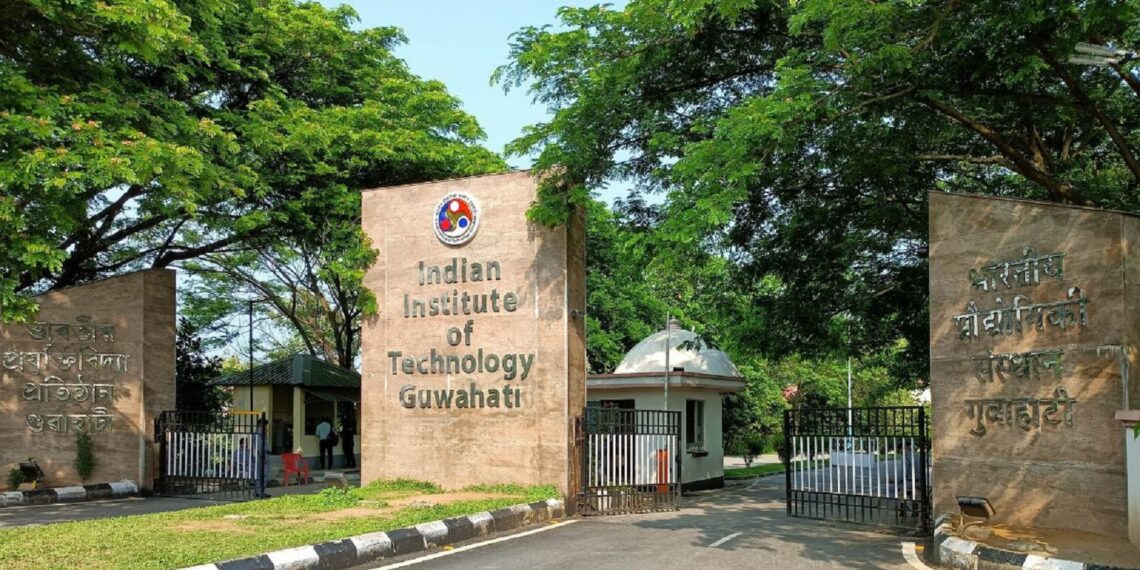GUWAHATI: In a groundbreaking achievement that offers new hope for marine ecosystems, researchers at IIT-Guwahati have developed a unique fabric designed to segregate oil from water. This development is set to revolutionise methods to counter marine pollution resulting from oil spills.
The innovative fabric, coated with silica nanoparticles, harnesses rice husk – a typically discarded agricultural waste – as its primary source. Prof. Vaibhav Goud from IIT-Guwahati’s Department of Chemical Engineering explained the dual-purpose vision behind this creation – transforming agricultural waste into a sustainable and confront the persistent challenge of marine oil pollution.
“Our technology not only counters environmental threats but also repurposes rice husk, an abundant agricultural byproduct laden with silica. While commonly disposed of through burning, contributing to air pollution, our approach transforms this waste into 3D sorbents. These effectively counteract oil contamination using a targeted active-filtration process,” Prof Goud told the press.
The intricate process involves gradual heating of rice husk, transforming it into bio-char or charcoal. This bio-char undergoes further heating, yielding silica nanoparticles. These nanoparticles, when applied over cotton, result in a specialised three-dimensional sorbent capable of segregating oil-water mixtures.
According to Prof. Goud, rigorous testing of this coated fabric revealed that while it adeptly absorbed oil, its uncoated counterpart adsorbed both oil and water. He stressed the fabric’s superior efficiency, noting, “The superhydrophobic material we’ve developed exhibits an impressive 98% efficiency. Its functionality remains intact even after extensive use and exposure to adverse conditions.”
Oil spills, stemming from industrial discharges or accidents, wreak havoc on aquatic ecosystems. Existing cleanup methodologies, including skimming and in-situ burning, fall short in efficiency, are costly, and inadvertently contribute further to pollution, highlighted Prof. Goud, who co-authored a research paper on this discovery with Sutapa Das.
This monumental research has been chronicled in the esteemed international journal, Biomass & Bioenergy. The innovative fabric emerges as a beacon of hope for marine life, potentially heralding a cleaner, greener future for our oceans.















